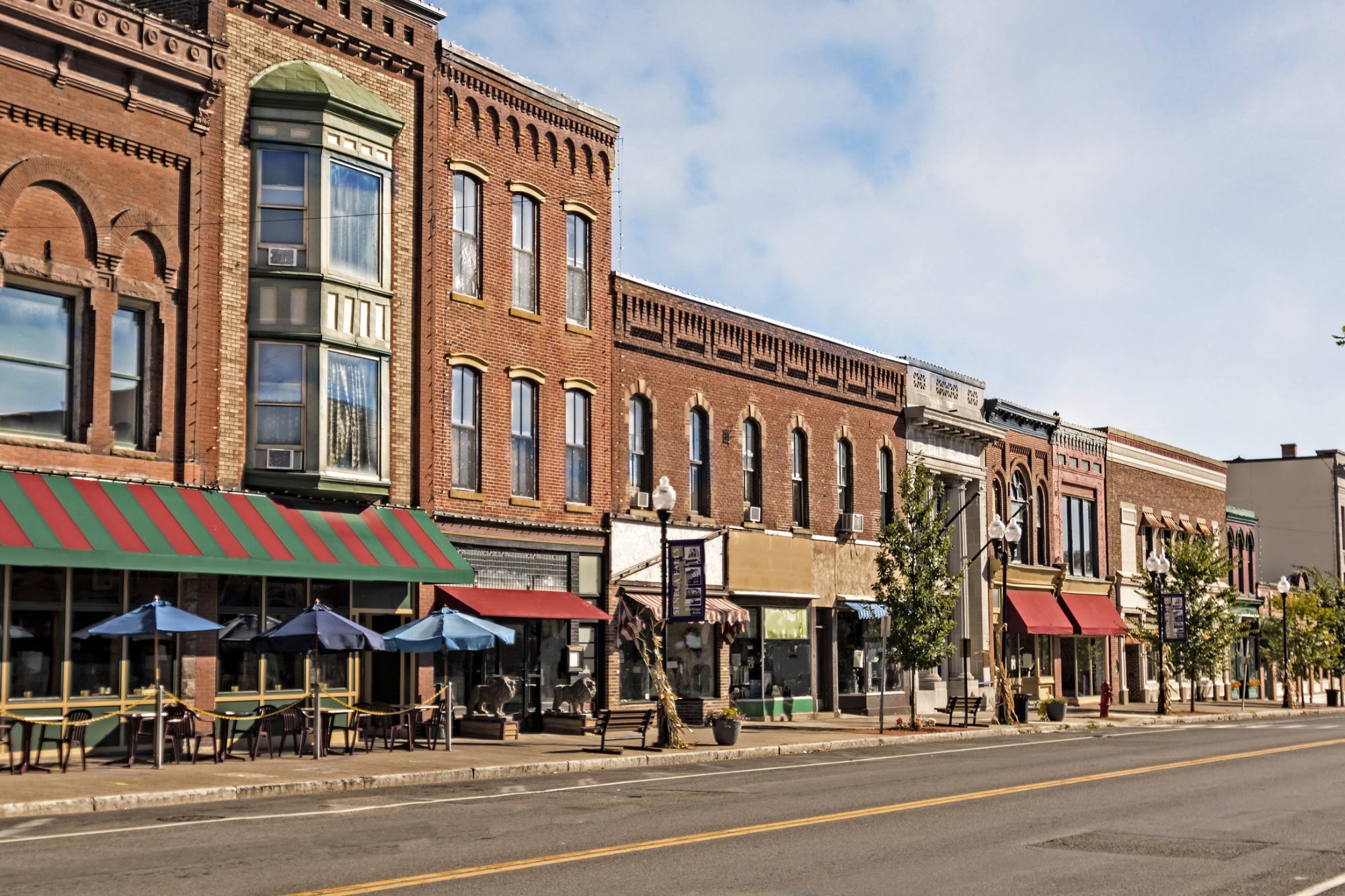
August 8, 2021 7 min read
Opinions expressed by Entrepreneur contributors are their own.
All companies are impacted by their location. Startups especially focus on specific hubs that provide ideal conditions for their companies to flourish and accelerate their growth. Silicon Valley is a hub for tech startups because it offers a combination of talent, venture capital and a rich history of tech startups that offer a wide range of connections and relationships. New York City is a hub for finance and business in general for the same reasons: talent, capital and a wide range of connections and relationships.
Related: Building Up A Startup Hub: Dubai Is Committed To New Businesses
Traditionally these locations with their fertile soil were critical to creating new businesses. But the tides are shifting with the power of the internet. In addition to that, Covid and the work remote movement have added fuel to the fire when it comes to entrepreneurs and businesses flocking away from traditional hubs.
This reverse migration means major cities are no longer going to be the only hubs in the world for business. Smaller cities, like Nashville, Austin and Miami are already on the rise and that trend can continue to even smaller locations that already have qualities to offer businesses. It is going to be up to the entrepreneurs to identify those natural resources and put them into play. A natural resource is like gun powder — a lot of energy that needs a spark to activate it. Entrepreneurs are those sparks.
Here are five reasons why small towns make great business hubs.
Related: You Don’t Need to Leave Your Hometown to Start a Great Business
1. Smaller population means easier brand recognition
Starting a business in a small town has the benefit of almost immediate brand recognition. If you start a business in a town where there are only 100 businesses, it will be a lot easier for your brand to be remembered than if you were in a city with 10,000 business.
As an example, say you start a coffee shop called “Pirate Joe” in a town with only 100 businesses, five of which offer coffee. Your coffee shop is immediately in the top five coffee spots in town. Compare that to a city with 10,000 businesses: You open Pirate Joe amongst those 10,000 businesses, 500 which are coffee shops — how many people will be able to remember yours?
Related: How Small Town Entrepreneurs Can Use Location to Their Advantage
2. Pre-built strong customer base
There is a huge push to “think local”, “shop local” and “spend local.” That push is a natural resource for small town entrepreneurs. Back to our Pirate Joe example, by creating a company in a small town, you have an opportunity to build customer loyalty and create a strong customer base very quickly.
Deliver a great service or product and you might be surprised just how quickly you gain support. Customers want sweatshirts, stickers and all kinds of swag to represent your business. In a major city, a small business could spend a lot of time, money and energy into getting customers to the threshold of “I want to rep that.” In a small town, your reputation could catch fire almost instantly.
In addition to that, customers are willing to pay a premium (within reason) for local goods and services. This movement is pushing people to realize the power their dollars have in terms of impacting businesses and communities and the impact that dollar spend has on a small business, versus a major corporation.
Related: These 5 Branding Factors Will Take Your Business to the Next Level
3. Less noise, allowing for easier connection
Have you ever wanted to connect with someone to “pick their brain,” ask a question or demo something? In a major city with millions of people, the person you’re trying to reach probably has a couple of gates (secretary, mail sorting system, etc.) preventing you from doing that. It’s not necessarily that they’re trying to ignore you, it’s just that they need these systems in place so that they can get their work done. They might very well be interested in meeting with you, but because everyone else wants to meet with them as well, they have to protect their time to accomplish what they want to accomplish.
In a small town, there are less people. Because there are less people, your opportunity to be heard is going to be higher. It’s like going to a conference with 5,000 people versus going to an intimate dinner with 12 people. You will be able to ask that question, show them your idea or just connect on a personal level, which is where the value truly is.
Related: 5 Reasons to Start Locally With Your Product Sales
4. Lower competition for funding
Imagine being in a lottery, but instead of being amongst tens of millions of people, you’re amongst a few dozen. Sure, the lottery with tens of millions of people might offer a $5 million reward, but the odds are slim to zero that you’ll win. Meanwhile, the other lottery offers $250,000, but the odds are much higher that you’ll win. This is a small-town natural resource.
There is an abundance of money out there diffusing away from the major cities. There are plenty of grants, venture capital and angel investor dollars that are being directed towards small towns and that amount will continue to grow.
Related: Lessons In Entrepreneurship From a Small Town Startup
5. Finding good employees
Good employees are hard to find, but great employees are almost impossible to find. Ask any small business owner that has had to go through the process of finding employees and chances are that it’s one of the most painful parts of small business.
This is one of the reasons why the U.S. staffing industry had a market size of 151.8 billion in 2019. Starting a business in a small town allows you to quickly identify quality employees in the area without the resource burn of looking, searching, hiring and firing employees.
Walk into any business in town and you will be able to tell which employees are A+ employees. Those easy-to-see signs of a great employee could save you a bunch of time and energy that goes with looking for employees. Furthermore, because there are less employers to compete with, the incentives you have to offer to get them to work for you might be lower than expected.
Related: The 7 Best Ways to Find Hourly Workers For Your Business
Grouped together, these five resources offer the chance to create two of the greatest resources: momentum and leverage.
As entrepreneurs, we are always seeking out new horizons and are rarely happy with staying small. In the age of technology and scalability, builders who correctly utilize resources won’t be limited just to the small town. These small towns will serve as real-world incubators, acting as a safe haven with its lower cost and natural resources that will help you gain momentum. After gaining the leverage they need, these businesses can launch towards their next goal!
One of our objectives as entrepreneurs is identifying natural resources and capitalizing on them. What natural resources have you identified in your town? Is there someone capitalizing on them or are they just sitting idle?








